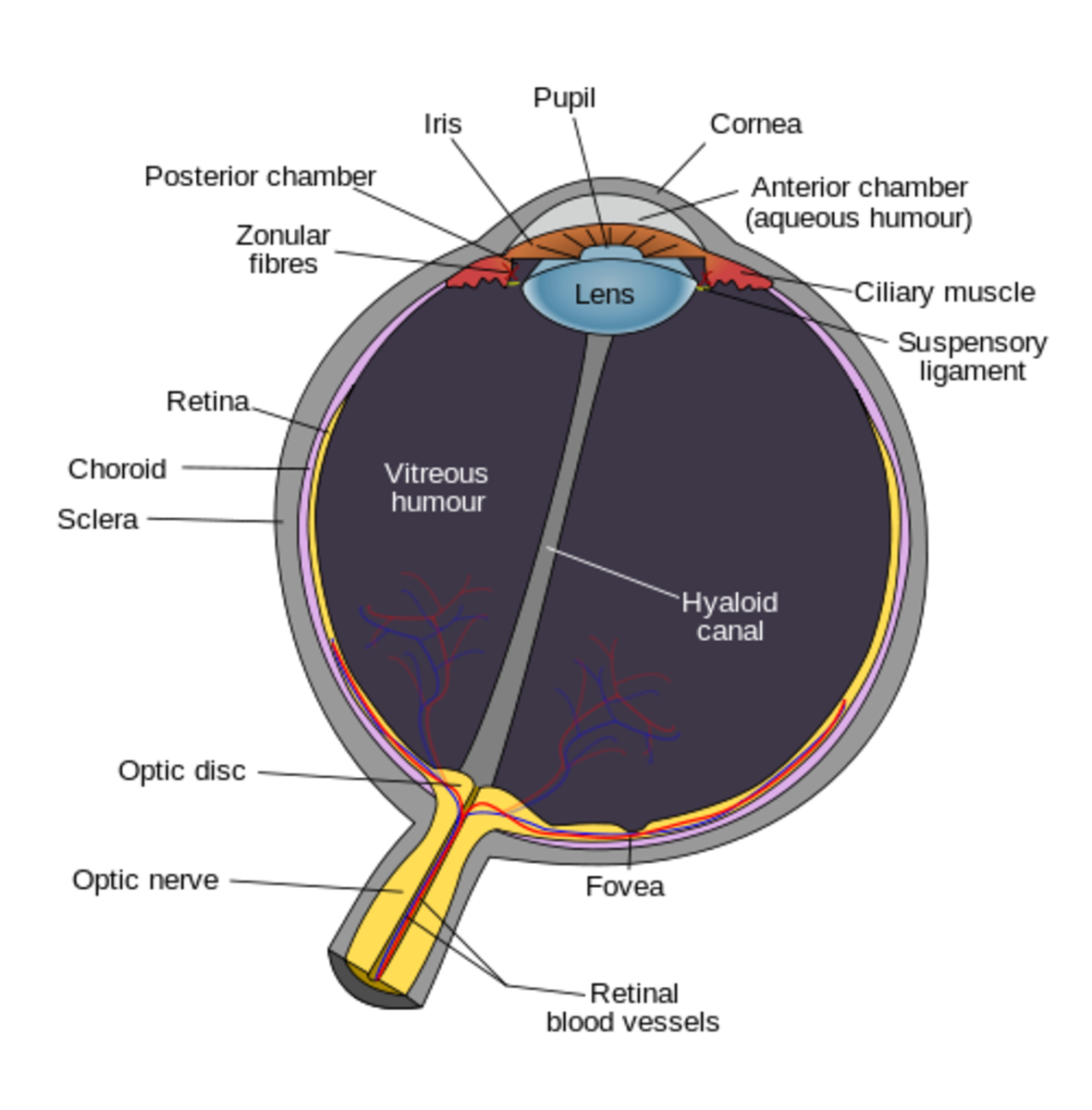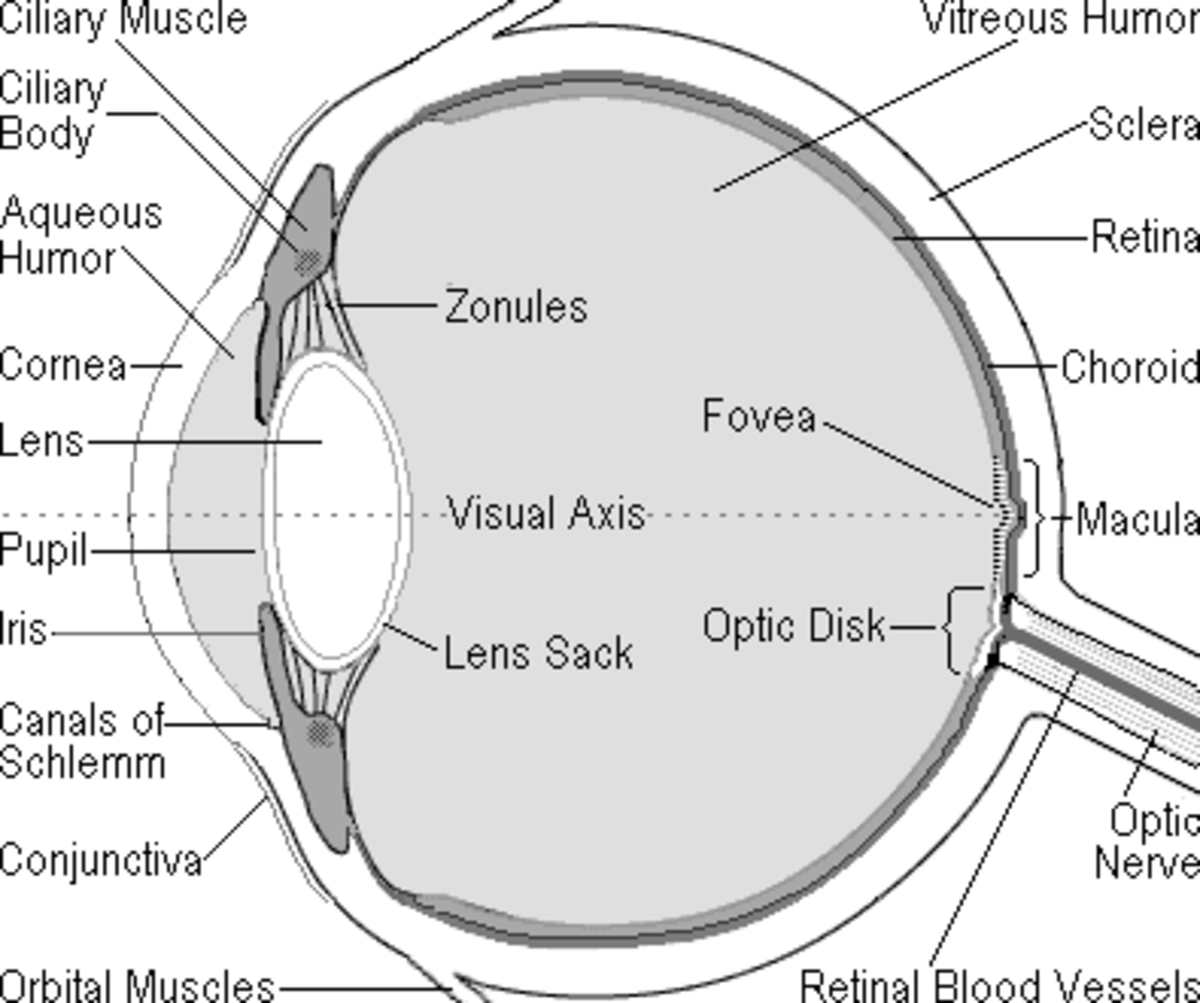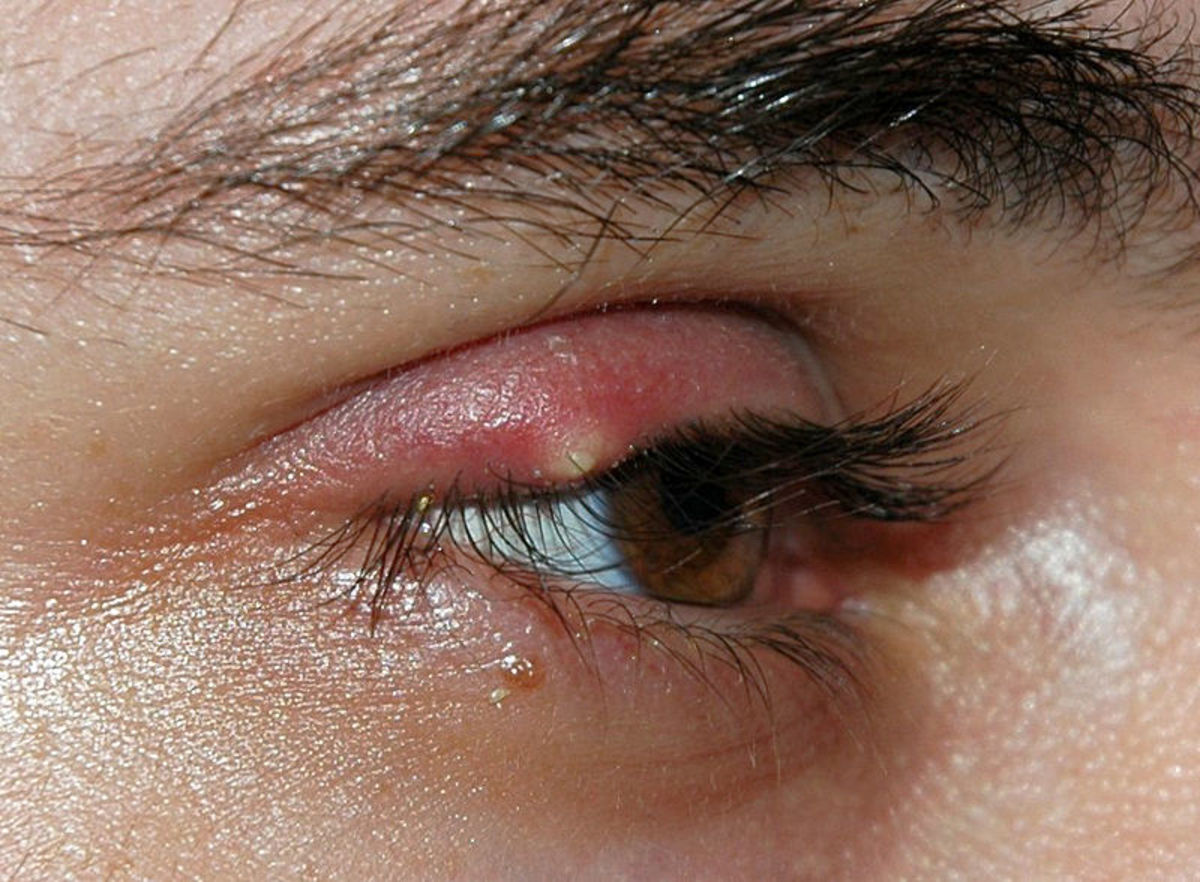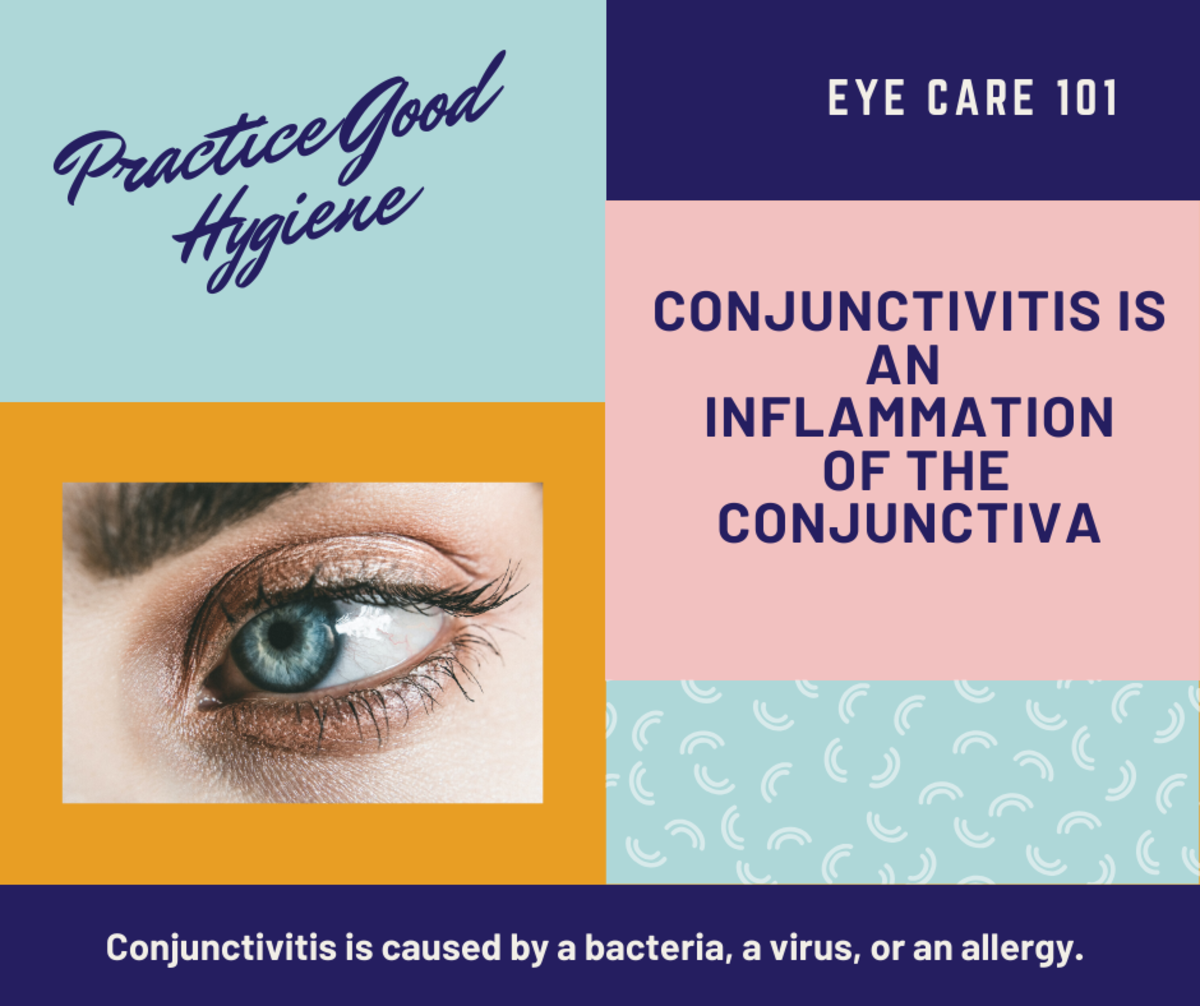Why You Should Give More Importance to Eye Health?
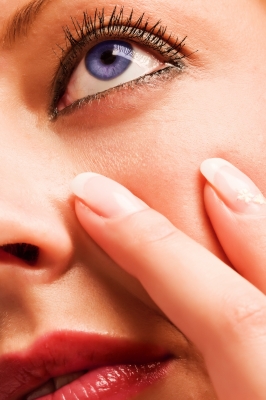
Eyes are the one of the five sensory organs of the body and it is the most important among them. To maintain the health of the eyes, you should have enough knowledge about how to keep your eye health in good condition and about the common eye problems. Periodic eye checking by an eye specialist is also necessary because some of the common eye diseases such as glaucoma, diabetic eye disease and macular degeneration often attack you without giving any warning symptoms.
Diabetes and Eye Health
Diabetes is the major of cause of blindness in adult people. High blood sugar presence causes the lens of the eyes to swell and it changes the normal pattern of vision. Even after managing the sugar levels to a normal stage, the eyes will take two or three months to return to the normal condition.
It is advisable to visit an ophthalmologist periodically if you have diabetes. More chance is there to develop some of the major eye problems like cataracts, glaucoma and retinopathy in diabetic patients in comparison with those who are not diabetic.
Diabetes and Eye Health
Common Eye Problems
Eye Health Problems
A dilated eye examination by an ophthalmologist can reveal the ill health of the eyes more clearly, because this examination will enable the doctor to get a good look at the back of the eyes and examine them for any damage or disease. Some of the common eye problems are below:
Color Blindness: Color blindness is also called color vision problem. A person with color blindness will find it difficult to distinguish the basic colors red, green and blue. This will make you difficult to see the difference of the colors in objects as they originally appear. For children and youngsters, this problem will affect their studies and limit their choices to select a career.
Color blindness can be caused by heredity, aging, side effects of some medicines, after effects of some other eye diseases and injury to the eye. The patient will not be able to tell the difference between the reds and greens. You may be only able to see a few shades of colors or in some cases only black, white and gray.
Diplopia (Double Vision): Double vision is the difficulty to see an item clearly as a single image. The clarity of vision is the combined result of different parts that are connected to the eye such as cornea, eye lens, extraocular muscles, eye nerves and the brain. The problems with any these items will cause double vision.
If the problem is with the cornea of the eye only one eye will have double vision. Infections or dryness of the cornea can cause the damage. Cataracts in the eyes will damage the ability of the lens and this will lead to double vision. If one of the eye muscles (extraocular muscles) is weak it can also cause double vision; muscle problems can cause because of several reasons.
Damage caused in the nerve that control eye muscles can lead to double vision. Some disease like multiple sclerosis or Guillain-Barre syndrome can affect nerves of the eyes and can lead to double vision. Diabetes may also cause weakness in nerves. Last process of the vision is finalizing in the brain; so any problem with the brain also can lead to double vision. Brain tumors, strokes, migraine and higher pressure, bleeding or infection inside the brain may cause damage to the function of the brain.
Hyperopia (Farsightedness): Hyperopia or farsightedness is not a disease; it is an inconvenience causing difficulty to see objects near to the eyes clearly. At the same time you can clearly see the things at a distance also. Hyperopia makes difficulty in reading and sewing. This deficiency can be diagnosed by an ophthalmologist by doing vision tests. In some cases, eye aches and headaches will follow farsightedness.
This problem can be treated with the use of appropriate contact lenses or spectacles. Consult an eye specialist and he will suggest the exact lens that is required for your eyes. Surgery to reshape the cornea is another option in milder cases of farsightedness. Children also have this problem rarely and it can affect their studies.
Myopia (Nearsightedness): Here the problem is exactly opposite to the case of farsightedness. You can see the things clearly if they are near to the eyes but do not able to see clearly the things at a distance. This makes the patients difficult to read the highway signs or reading a blackboard in class room.
This deficiency is usually affecting the children and the problem will grow with their age. Symptoms are headaches, eye strain etc. This is a refractive error and it can be treated by using glasses or contact lenses. Refractive surgeries are also using to correct this problem.
Cataracts: Cataracts are the formation of cloudy areas in the lens of the eye and this can cause vision changes. A protein build up in the lens prevents the light from passing clearly through the lens and that will cause the problems in clear vision. Symptoms of the cataract are cloudy vision, changes in the color, double vision, night driving difficulty due to glare etc.
Cataract can be caused by aging and this is known as age-related cataracts. Congenital cataracts are affected to the infants who have some health problems in birth itself. Traumatic cataracts forms after an injury and secondary cataracts are the result of diabetes, some other drugs or the exposure to ultraviolet light/radiation.
Cataract is treated by surgery. The doctor will remove the clouded lens of the eye. This lens can be replaced with artificial lens and it is called intraocular lens implant (ILO). Contact lenses or eyeglasses (in rare cases) also can be used in the place of artificial lens.
Conjunctivitis (Pinkeye): Pink eye is caused by some bacteria or viruses and it can spread easily from person to person. It can be also caused by dirt, smoke, allergies, dust or by the use of some shampoos. Pink eye is characterized by the redness of the eye, increased amount of tears, itchy eyes, burning eyes and increased sensitivity to light.
Treatment of conjunctivitis is based on its cause. Bacteria caused pinkeye will treat with antibiotic eye drops or ointments. Sometimes administration of the pills also will be advised. Virus caused pinkeye will last for four to seven days as in the case of common cold. This is highly contagious, so take care to avoid contact with others.
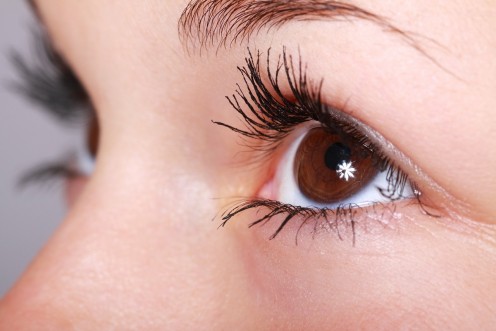
Glaucoma: Glaucoma is the damage of optic nerve in the back of the eye. Glaucoma is believed to be caused by the pressure build up in the eye. It can be diagnosed only by a dilated eye test by an eye specialist. The disease can be treated with medicines by an ophthalmologist.
Retinitis: Retinitis is serious disease that is damaging the retina of the eye. At first you will find it is difficult to see clearly in night (while driving at night or seeing clearly in a dimly lit room) and then central or peripheral vision will be lost. This is a serious disease which has no complete cure.
It can be inherited from the parents and this type of retinitis is called retinitis pigmentosa. The development of retinitis from a viral infection is called CMV retinitis. Treatment will be done for the prevention of complete blindness and for that your immune system should be developed. Supplements containing vitamin A, lutein and omega-3 fatty acids are recommended along with the use of sunglasses to protect the eyes from ultraviolet light.
Astigmatism: When your eye is not completely round, this problem occurs. This is a refractive error. You will feel eyestrain and fatigue due to astigmatism. It can be treated by using eyeglasses or contact lenses. Refractive surgery is also used to change the shape of the cornea as a treatment option.
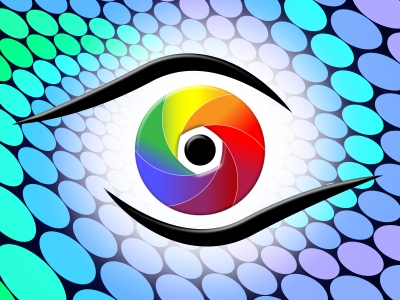
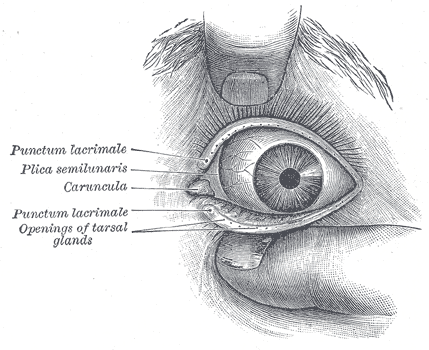
Eye Problems of Aged People
Along with many other physical discomforts, eye problems are also usual when you are aging. Some of the eye problems that are common in aged people are:
- Cataracts: It is the formation of cloud around the eyes which will block passage of light through the lens.
- AMD (Age-Related Muscular Degeneration): AMD will cause damage to the macula part of the retina of the eye. Age, diabetes, high blood pressure and obesity are the causes of this problem.
- Temporal arteritis: This is the blockage of arteries in the temple area and of the forehead which will lead to vision loss.
- Corneal diseases: Infection or injury to the corneal area of the eye causing pain and reduced vision.
- Retinal disorders: This disorder interfere the transference of images and this is because of diabetics or because of the age-related macular degeneration.
- Eyelid problems: Functions of the eyelids are protection of the eye, control the amount of light entering in the eye and distribution of tears. Pain and itching are the common symptoms of eyelid problems.
- Presbyopia: It is the difficulty to see objects that is near to the eye clearly. This problem can be corrected by using reading glasses.
- Dry eyes: When the tear glands are not producing enough tears, this will cause burning, itching sensations and redness in the eyes. This can gradually lead to the loss of vision also.
- Glaucoma: When the normal flow of the watery fluid between cornea and lens is blocked it creates too much fluid pressure in the eye and this will cause glaucoma. Treatment is very necessary to this problem because glaucoma can lead to the loss of vision.
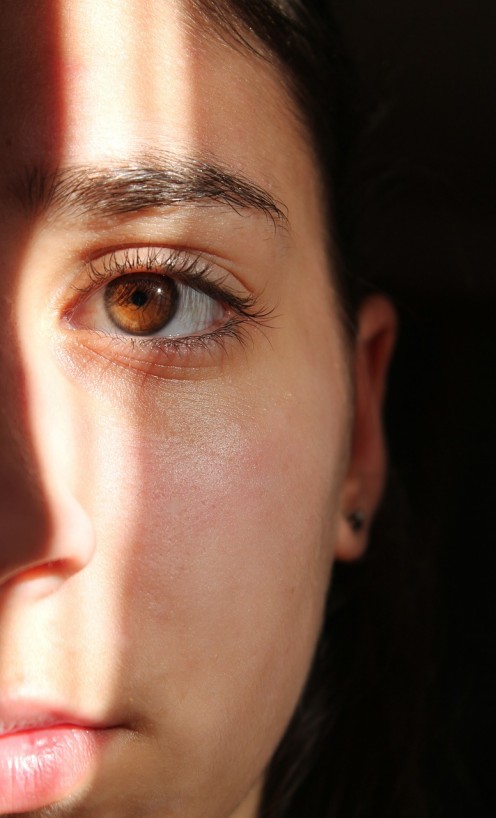
Test Your Knowledge about Eye Health: State whether the following statements are True or False
view quiz statisticsTips to Maintain Good Eye Health
Eye health is very important, so it is your duty to protect your eye from all the possible hazards and take prevention from the common eye problems. Some tips to maintain good eye health are given below:
- Use Protective Eye Gear: When participating in sport activities or travelling in daytime use suitable safety glass or goggles to protect the eyes.
- Maintain Body Weight: Keep your body weight within the healthy limits. Obesity can lead to diabetes and hypertension which can create eye problems such as diabetic eye disease and glaucoma.
- Eat Eye Health Best Foods: Leafy vegetables and eggs contain the antioxidants lutein and zeaxanthin which are helpful to prevent the development of macular degeneration and cataracts. Vitamin C is very much required for the eye health and that will be available in fruits, especially in citrus and berries. Omega-3 fatty acids will reduce the development of dry eye syndrome; so fish items such tuna, salmon, mackerel, anchovies and trout are good for eyes.
- Give Rest for Your Eyes: If your job demands continuous use of eyes as in the case of computer professionals, give rest to the eyes between the works. Do not forget to blink your eyes and give rest to the eyes for 20 seconds after a 20 minutes’ work, before a computer.
- Avoid Sun Light: Protect your eyes from ultraviolet lights by using specially designed sunglasses for this purpose.
- Avoid Smoking: Smoking is harmful for the total body health and also for the health of eyes. So quit smoking habit for better eye health.







